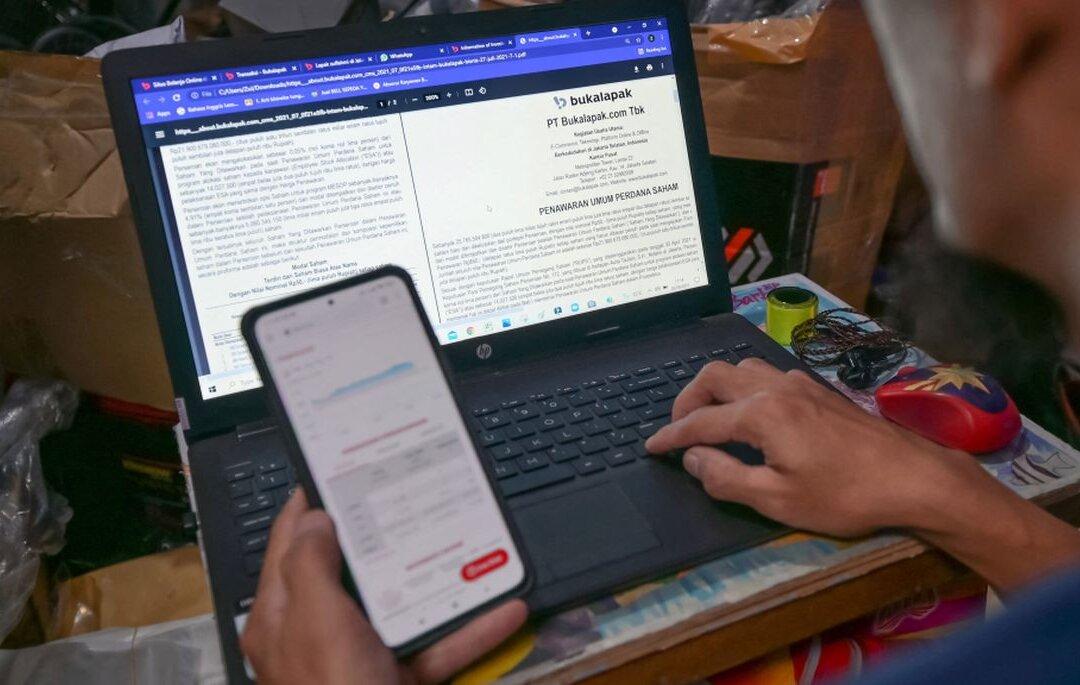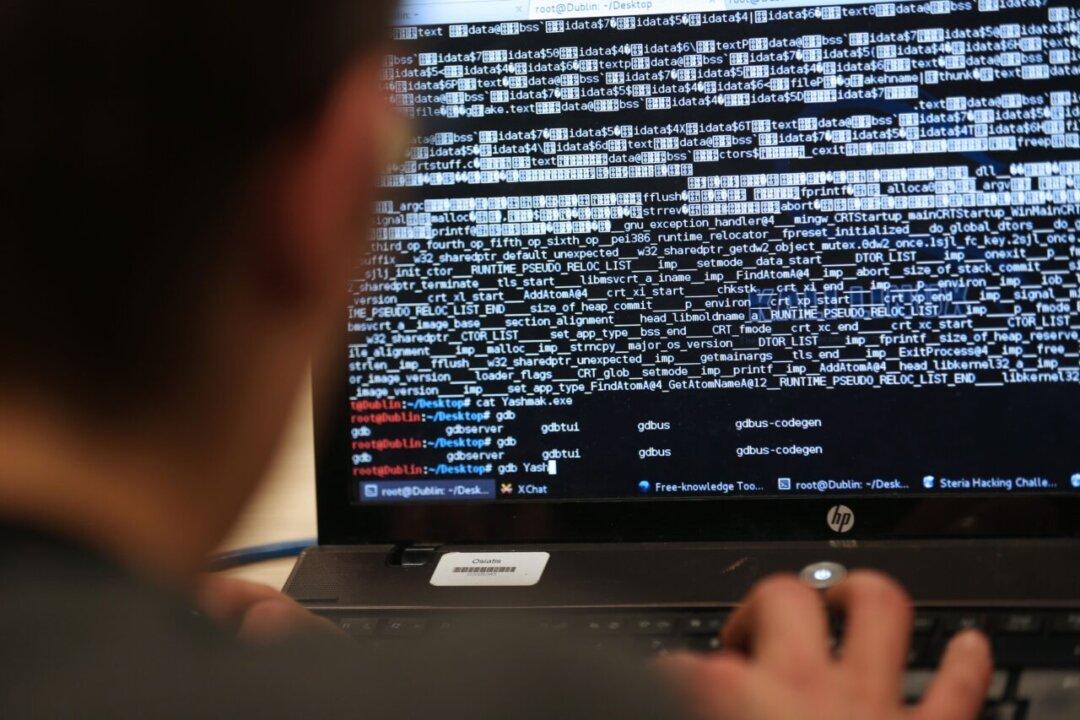Focus
password
LATEST
Here Are the Overused Passwords in the World That Take Seconds to Crack
A security company revealed the most common passwords that are also the most easiest ones to crack.
|
Selfies Could Replace Security Passwords—But Only With an Upgrade
The next time you do some online shopping or call your bank, you may find you no longer have to scrabble around to remember your security password.
|
Google Is Working on New Protocols to Replace Passwords
Google wants to see passwords die just as much as the rest of us do, which is why it’s spent years coming up with wild experiments for new protocols that can replace passwords for good
|
Smart Keyboard Identifies Computer Users by the Way They Type (Video)
In a novel twist in cybersecurity, scientists have developed a self-cleaning, self-powered smart keyboard that can identify computer users by the way they type.
|
New ‘Skeleton Key’ Malware Allows Bypassing of Passwords
SecureWorks, the security arm of Dell, has discovered the new piece of malware dubbed “Skeleton Key.” The attack consists of installing rogue software within Active Directory, and the malware then allows attackers to login as any user on the domain without the need for further authentication.
|
How to Password Protect Your Folders On Linux
Linux is one of the most prevalent operating systems in the corporate world wherein users save their files or folders in our system which are private or contains secure information which should not be accessed by the outsider. This time one may feel the need of a password to protect your folder from unauthorized access.
|
Fantastic All-in-One Security App for Your Credit Cards, Passwords and More (Video)
It seems like reports of major security breaches hit the news on a weekly basis these days. As our digital world continues to expand and more things are done online, an increase in the volume of security breaches is inevitable.
|
Nothing is Certain Except for Death, Taxes and Cyberattacks
eBay recently asked 145 million users to change their passwords after admitting that they had been victims of a massive cyber-attack.
|
Massive Ebay Hack: Change Your Password Now
It would have soon become apparent that someone had completed the kind of database query they are now reporting. In theory, this is a large and unusual database request for the personal details of a large number of users.
|
Here Are the Overused Passwords in the World That Take Seconds to Crack
A security company revealed the most common passwords that are also the most easiest ones to crack.
|
Selfies Could Replace Security Passwords—But Only With an Upgrade
The next time you do some online shopping or call your bank, you may find you no longer have to scrabble around to remember your security password.
|
Google Is Working on New Protocols to Replace Passwords
Google wants to see passwords die just as much as the rest of us do, which is why it’s spent years coming up with wild experiments for new protocols that can replace passwords for good
|
Smart Keyboard Identifies Computer Users by the Way They Type (Video)
In a novel twist in cybersecurity, scientists have developed a self-cleaning, self-powered smart keyboard that can identify computer users by the way they type.
|
New ‘Skeleton Key’ Malware Allows Bypassing of Passwords
SecureWorks, the security arm of Dell, has discovered the new piece of malware dubbed “Skeleton Key.” The attack consists of installing rogue software within Active Directory, and the malware then allows attackers to login as any user on the domain without the need for further authentication.
|
How to Password Protect Your Folders On Linux
Linux is one of the most prevalent operating systems in the corporate world wherein users save their files or folders in our system which are private or contains secure information which should not be accessed by the outsider. This time one may feel the need of a password to protect your folder from unauthorized access.
|
Fantastic All-in-One Security App for Your Credit Cards, Passwords and More (Video)
It seems like reports of major security breaches hit the news on a weekly basis these days. As our digital world continues to expand and more things are done online, an increase in the volume of security breaches is inevitable.
|
Nothing is Certain Except for Death, Taxes and Cyberattacks
eBay recently asked 145 million users to change their passwords after admitting that they had been victims of a massive cyber-attack.
|
Massive Ebay Hack: Change Your Password Now
It would have soon become apparent that someone had completed the kind of database query they are now reporting. In theory, this is a large and unusual database request for the personal details of a large number of users.
|













